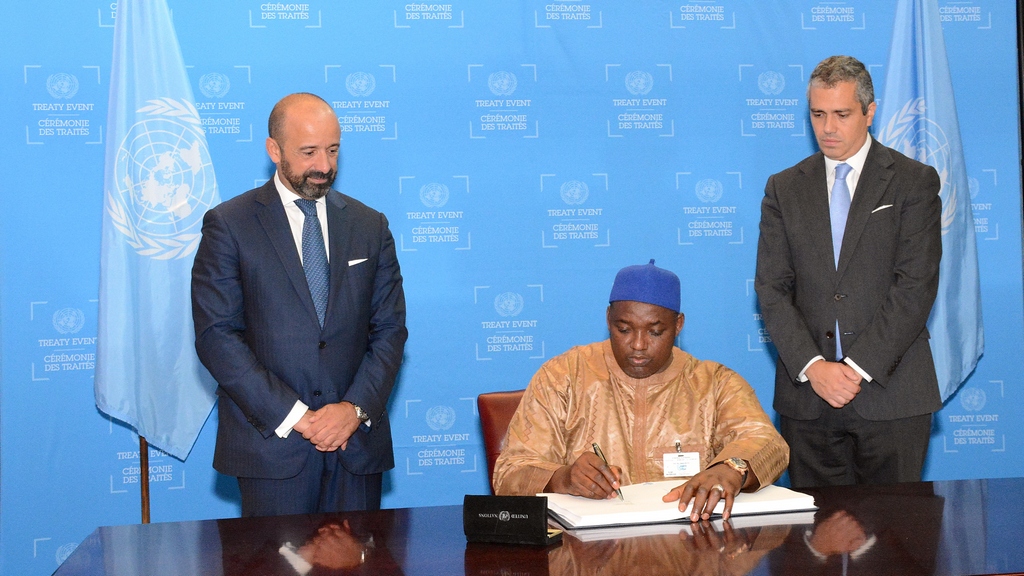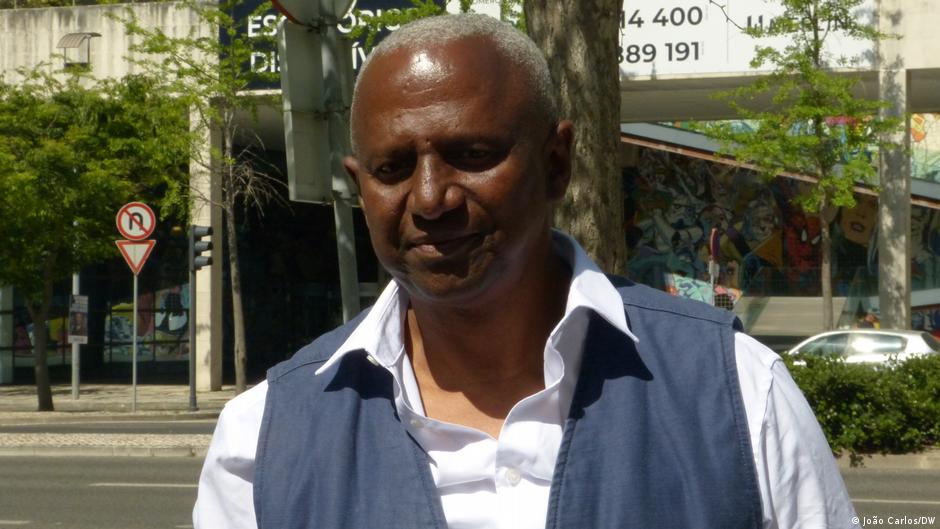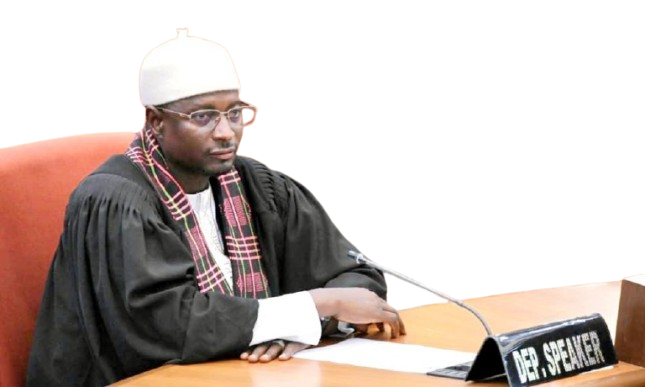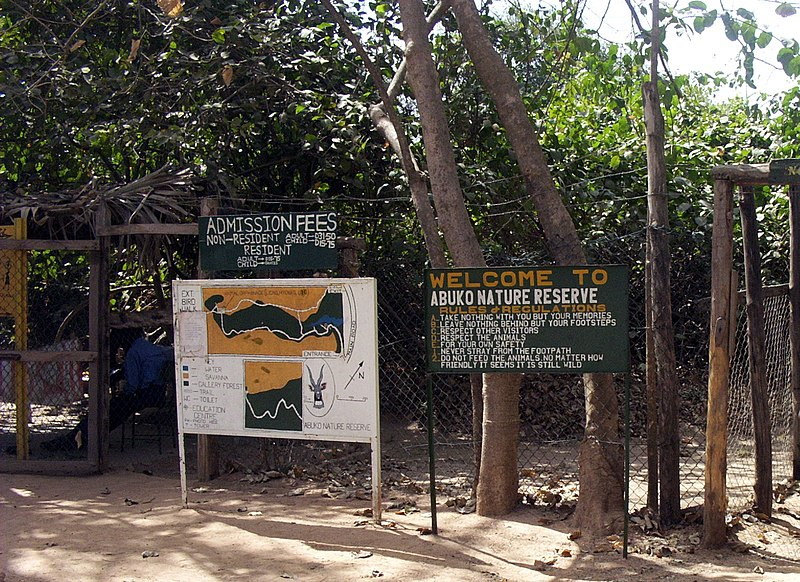Gambiaj.com – (Banjul, The Gambia) – The Gambia’s Cabinet has firmly rejected any proposals to alter the boundaries of the Abuko Nature Reserve, reaffirming its commitment to preserving the country’s vital environmental resources. This decision came during a Cabinet meeting on September 19, following discussions about potential land allocations in the Lamin area to support youth recreation.
In a press release issued by the Ministry of Lands, Regional Government, and Religious Affairs, the government clarified that a subcommittee had been formed to address concerns raised by young people living near the Abuko Nature Reserve. The community had called for additional recreational spaces, including a football field, prompting the subcommittee to explore various options.
One proposal presented by the Hon. Minister of Lands, Hamat N.K. Bah, suggested de-reserving a small portion of the Abuko Nature Reserve for the football field. However, this suggestion was swiftly rejected by the Cabinet. In a decisive move, the government emphasized that “not a single meter of land” from the reserve would be de-reserved for development.
According to thepress release, this outcome reflects the government’s unwavering stance on protecting the integrity of the Abuko Nature Reserve, one of the country’s oldest and most significant conservation areas. The reserve, known for its rich biodiversity, serves as a crucial ecological hub and a sanctuary for wildlife, making its preservation a priority for both environmentalists and the general public.
While the Cabinet denied any changes to the Abuko reserve, it approved a separate proposal to allocate land in Lamin for youth recreational facilities. The approved plan includes a portion of land from the National Agricultural Research Institute (NARI) for the development of sports facilities, including a National Football Stadium. These new facilities aim to provide much-needed recreational spaces for the youth of Lamin and surrounding communities.
The Ministry’s statement emphasized the balance between youth development and environmental preservation, noting that while recreational needs are important, safeguarding natural reserves remains paramount. “The government remains resolute in its commitment to protecting the integrity and conservation of the reserve,” the press release added.
This decision has been welcomed by environmental advocates who view the Abuko Nature Reserve as an irreplaceable asset in the country’s fight against deforestation and biodiversity loss. The Cabinet’s commitment not to “touch an inch” of the reserve sends a strong message about the government’s priorities in balancing development and conservation efforts.










